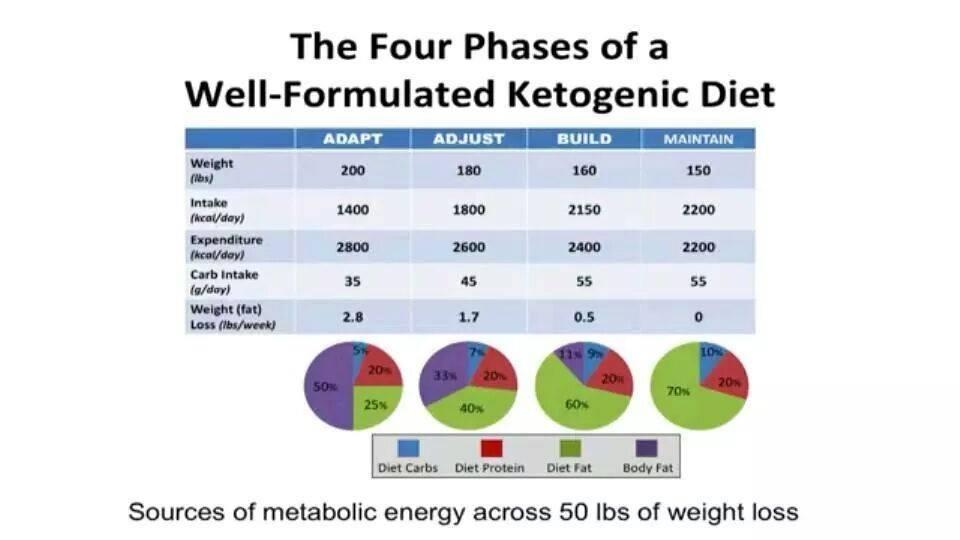This is the part that bothers me about this debate, when Dr Fung points to people regaining their weight does he tell you the reason why they got it all back? for example, did they just start eating their same old food again because the study was over, somebody spooned food into their mouths without them noticing, did they keep on the diet and regain every lb of weight lost?
What he’s not telling you is that many people, once they’ve lost the weight, think they don’t need to do anything to stay there or they are so sick of depriving themselves they make up for it in spades. To me that’s not a failure of the diet, its more about the failure of people to maintain their goal weight.
In my case I lost my weight doing JC diets three times, and each time I got so sick of eating low calorie food (cardboard food I used to call it) and being constantly hungry that I ate it all back on.
I didn’t really want to put the weight back on but I also wasn’t going to live the rest of my life eating like a bird. So it was my choice to eat the food I didn’t have to do it, blaming a system of dieting because you don’t have the knowledge to know how to keep it off is just an excuse. Its not my fault its that CICO diet, yeah anything but my fault. With Keto at least the hunger thing to me is a big bonus, perhaps I’ll be able to keep it off this time but no doubt if I drop the ball those pounds will come back. Sorry if this reply comes across negatively, I am really pleased to have found Keto. KCKO.





